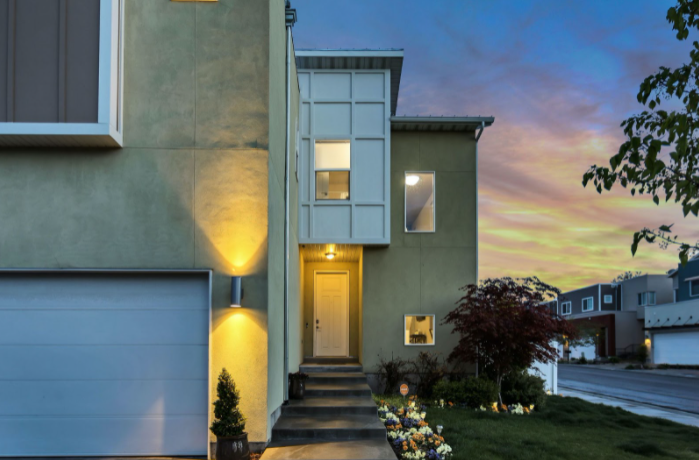Housing starts rose 1.4% to an annual rate of 1.702 million in December, while housing permits rose by 9.1% to an annual rate of 1.873 million. Economists expected both permits and starts to slow down, as December is a historically slow period for home buying and building, so this latest data comes as an unexpected surprise — albeit a positive one. As a result of this unexpected rise, many analysts are optimistic that the housing marketing will continue to do well in 2022, rather than slow down.
Housing has been driven by strong consumer demand for much of 2021. This demand has left the housing market with a lower amount of homes on the market than normal, which has tightened the housing market significantly. This has also pushed out many first-time homebuyers, especially as housing prices surged.
Economists thought that home buying would slow down in December, which is normal, and they especially thought that the rising mortgage rates would deter many from deciding to buy a new home, or start a new construction. It appears the opposite may have happened. Because of this rise in mortgage rates, consumers decided to buy more — possibly because they feel they should buy or start the process of buying a new home before rates surge even more.
Homebuilders, however, are continuing to have issues completing new home constructions in a timely manner. Both labor and material shortages have greatly slowed down the home building process, which has then left a low inventory of homes available to buy on the market. Consumer demand is high, but home buildings are struggling to meet this demand. However, there are signs that shortages could ease in the near future, especially if the global supply chain issues are worked out, so this could help lower home prices in the future, or at least give consumers a better chance to buy a home.
Economists believe that home starts will advance by about 5% this year, which will help bring more homes to the market. This could help with consumer demand. However, there are still signs of struggle ahead. Most notably, lumber prices are rising again — though this could even out again, much like it did in 2021. Employee wages are also rising, and this also could impact the pace of how homes are built, as well as how much they cost, in various ways.
Therefore, while many analysts hope that the price of new homes could go down to allow for first-time buyers to again have a chance to own a home, it doesn’t appear as if this will happen any time soon. Likely, in the near future, the price of homes will continue to surge, especially the price of new home constructions.
However, first-time buyers could possibly have a better chance at buying a home in 2022, when compared to 2021. More people are continuing to look for bigger homes and are moving from cities to suburbs, especially as the COVID-19 pandemic continues to remain fluid and everchanging. If more homes are added to the market, first-time buyers will have more of a chance to buy, even if prices do remain quite high.












